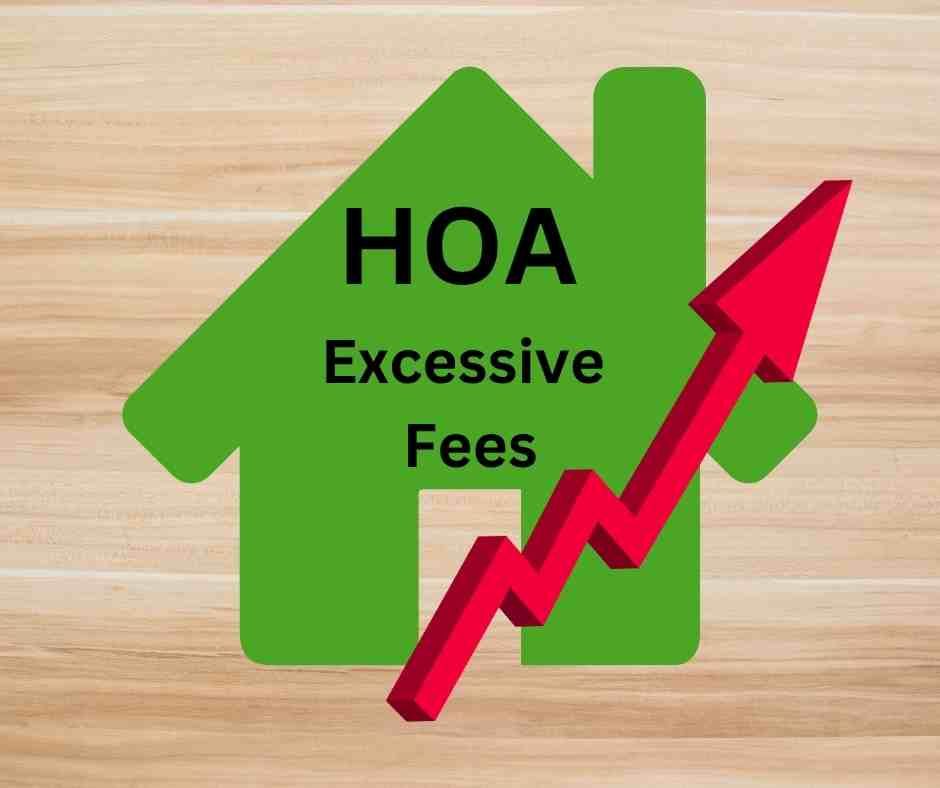Homeowners across the country are feeling the pressure as their annual HOA/ COA (Homeowners Associations) dues steadily rise — and for some, surprise special assessments are adding even more financial strain. While these increases are often necessary to maintain the value and safety of shared communities, many residents are asking why?
Most homeowners are seeing HOA dues climb between 5% and 15% in 2025 (per TechCollect and Bankrate), with some communities facing even steeper hikes. There are several key drivers behind these increases:
Insurance Premium Spikes
Property insurance costs have skyrocketed due to natural disasters, inflation, and carrier exits from high-risk areas. Insurance premiums consider disasters from all their clients, and account for natural disasters all over the country. Between 2022 and 2023, homeowners’ insurance rates rose by around 11.3%. In 2024, insurance premium averaged another 10.4%, with 33 states reporting double‑digit increases. This figure comes from S&P Global Market Intelligence’s RateWatch, as reported by Insurance Advocate (February 2024). Associations are passing these costs along to homeowners.
Many HOA homeowners don't realize that simply submitting a claim — even if it's denied or under the deductible — can still affect the association’s future insurance premiums. Insurance companies track claim history closely, and a high frequency of even small or unsuccessful claims can flag a community as high-risk, leading to increased rates or policy non-renewals.
How can these be controlled? It is important that your management company shops the policy every 2-3 years. Additionally, they can look at strategically increasing the policy and improving risk through capital and maintenance programs.
Rising Utility and Maintenance Costs
Inflation has pushed up the cost of materials, landscaping, janitorial services, and common area repairs. Many HOAs, maintenance companies, and landscapers are reporting sharp price increases of up to 35% since 2020 (per Angi/Axios consumer trend reporting). This is largely due to equipment and supply cost increases as well as fuel charges and labor wages. Asking for multi-year contracts and requesting competitive bids can help an HOA better manage these budget lines.
Association’s have also had to absorb significant increases in their utility costs for servicing their hallways, pools and community centers. Electricity rates nationwide have climbed approximately 34 % from 2021-2025 (per Solar.com). This equates to an extra $162 annually per household.
Similarly, household water and sewer bills increased 54.8% from 2012-2023, and average increase of 4.1% a year (per Bluefield Research).
New Reserve Funding Requirement
Recent legislation now requires HOAs and condominium associations to conduct reserve studies more frequently and fully fund long-term repair reserves—particularly for critical structural components like roofs, plumbing, and waterproofing. These mandates come in response to safety concerns and aging infrastructure, with Florida leading the way after the Surfside collapse. The challenge is that estimated repair costs have risen faster than inflation, leaving many associations severely underfunded. To comply, HOAs are being forced to raise dues or issue special assessments, prompting urgent financial planning to catch up and avoid legal and safety risks.
These trends highlight how insurance, reserve legislation, inflation, and rising utility costs have become ongoing and compounding challenges for HOAs and COAs. As operating expenses continue to outpace traditional budget growth, association managers and boards most adopt proactive strategies including vendor negotiations and energy efficiency initiatives to help minimize the financial impact on homeowners.

